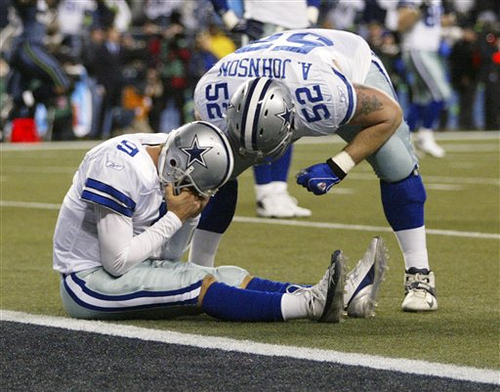My buddy Brad and I are preparing for another triathlon, and this time we decided to buy our bikes rather than rent. He opted for the top shelf, while I went entry level. He reasons that if he is going to race, he should ride something fast. I reason that if I am going to wreck something, it should be something cheap. I hadn't ridden a racing bike since my last tri, and the last moments on that bike consisted of me being tossed and tumbled at 25 mph onto the pavement, so I was a little skittish when I took my brand new road rocket out for a spin. After saddling up, I strapped on my Garmin and clocked my speed as I raced down my street. As I hit 27 mph, I thought to myself "I could actually get a speeding ticket, since this is a 25 mph zone." Then I thought "I wonder how fast 27 mph is in Star Trek terms." Try as I might, I cannot ever fully quash my inner nerd.
As often happens when Star Trek is on the mind, the mind wanders. I then took the bike out to the canal and did some more long distance riding. As the miles passed, my brain kept going back to Star Trek. For example, I had to slam on the breaks to avoid Senor Chupacabra (as I call the wild jack rabbit that I see every morning on my ride) and was nearly tossed head over heels. I was only going about 20 miles an hour. What if I had been going warp 12, like they do on Star Trek? That's 12 times the speed of light. They drop from warp 12 to impulse power all the time, yet nobody spills his coffee, and everybody's dishes stay on the table. How is that possible? And when they jump from a dead stop to warp speed, you'd think everyone would get end up on their butts (Mr. Scott does, but that's because he's always drunk). But, no. You can't even tell that the ship has started to move. What's up with that?
Speaking of warp speed, you'd think that there's be huge, monstrous collisions in space. In almost every chase episode, the pursued ship runs from another and then drops out of warp at the end of the chase. If the two ships are both going many times light speed and then the lead ship stops, the second ship would crash into the lead as they'd have no time to react. Yet that never happens. Come on, now!
Having some training in biology and medicine, the conversations in the sick bay trouble me the most. The worst offense was when one of the doctors made the statement "Everyone one knows we only use 10 percent of our brains." Maybe Hollywood actors use 10 percent of their brains (Lindsay Lohan and Paris Hilton using even less) but the rest of humanity uses roughly 100 percent of theirs. The whole ten percent myth is a common, old, and false claim dating back to a time before antibiotics and hand washing. Have you ever heard this news report: "A Phoenix man is recovering in the hospital after he was shot in the head. Fortunately, the bullet passed through the 90 percent that he doesn't use, so he's expected to make a full recovery"? Of course not. There are many other examples of bad medicine, but I won't bore you with them.
If you really think about it (and really, who doesn't have all sorts of time to sit around and think about it?) the show tips you off in the intro that it's full of bogusness. In the beginning of every episode of Star Trek, they say that they are boldly going where nobody has gone before. Yet, where ever they go, someone is already there. I suppose it makes for better TV than the alternative. "Captain's Log, Star Date 8675309. The Enterprise has arrived at the Ice Planet Hoth. There's nobody here. We're moving on to Planet P to see if there's anybody there."

